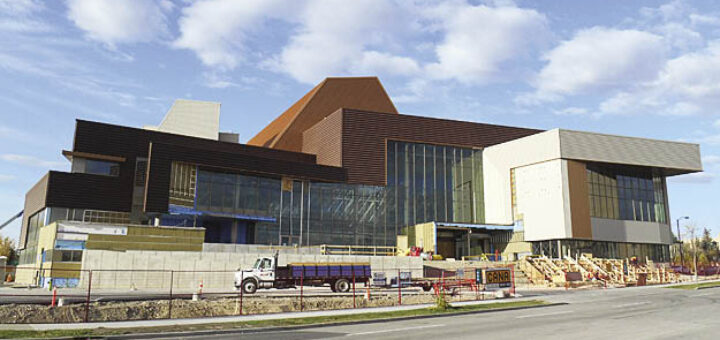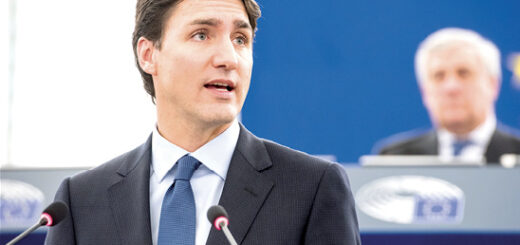Post-secondary and Budget 2021: decreased funding, no new increases, MRU infrastructure upgrades

By Noel Harper, News Editor
Budget 2021 presented Alberta’s United Conservative government with a number of difficult challenges. Last year around this time, the party doubled down on its initial campaign promise to balance the province’s books by 2022, now only one year off. However, its latest fiscal plan — the first to be tabled in the era of COVID-19 — pushed that idea to the sidelines.
With Alberta facing much different circumstances from its last budget, presented just weeks before the pandemic was declared, the province has recorded a deficit of $18.2 billion, adding to a total projected debt of $116 billion by the following year. Health care will see $23 billion in spending for the pandemic budget, with $1.25 billion set aside in COVID-19-specific funds. There will be no new taxes, and existing taxes will not be hiked.
Many sectors awaited this year’s budget with baited breath, particularly post-secondary education, based on how the field has been treated by the government in previous fiscal updates with tuition caps removed and less funding made available for institutions.
“Over the last number of weeks, Albertans have become more vocal in their opposition to the budget cuts already imposed. Their concerns and their message have been clear that cuts to post-secondary are hurting the students, the faculty and the sector, and are putting the future of this province at risk,” reads a letter by opposition education critic David Eggen to Demetrios Nicolaides, Alberta’s minister of advanced education, ahead of the budget.
The advanced education ministry ended up with a 1.4 per cent funding cut, resulting in $72 million less for the coming year. It is one of few ministries that will experience such a decrease, along with justice and the treasury board respectively. Post-secondary operation funding will be reduced by 5.4 per cent.
“We think the government has missed a big opportunity to invest in a diversified economy and a more educated workforce, which would have built a better future for Alberta at a time when tens of thousands of people need to go back to school to get an education, to make sure that they can get jobs and take part in the economy of tomorrow,” says Rowan Ley, chair of the Council of Alberta University Students.
Post-secondaries will experience the start of a performance-based funding model in the upcoming academic year, negotiations for which will begin shortly.
Ley says the model will be “extremely challenging for our institutions to implement. It’s going to distract from other priorities and it’s going to result in lower quality of education for students,” adding that the current era is “not the time to bring it up.”
The budget did not introduce further tuition increases in addition to the seven per cent yearly increase laid out in 2020, and tuition will not be deregulated. Tuition revenue dropped from the previous fiscal year by $91 million, despite the aforementioned hikes, but a 4.4 per cent increase is projected by 2023-24.
Mount Royal University was singled out in the budget’s capital plan. It will receive $50 million for its “Repurposing Existing Facilities” project, which will upgrade existing campus spaces to increase future capacity and functionality. The university will receive this funding over three years.
Ley believes that without the COVID-19 pandemic, the budget’s impact on post-secondary education would not be very different.
“Alberta already has a significant deficit regardless of COVID, and this lines up broadly with the reduction plans that the government already had before COVID. The cut that we see today is slightly larger than what we anticipated last year, but the margin is actually not huge — so, the difference is significant, but not outrageous.”





